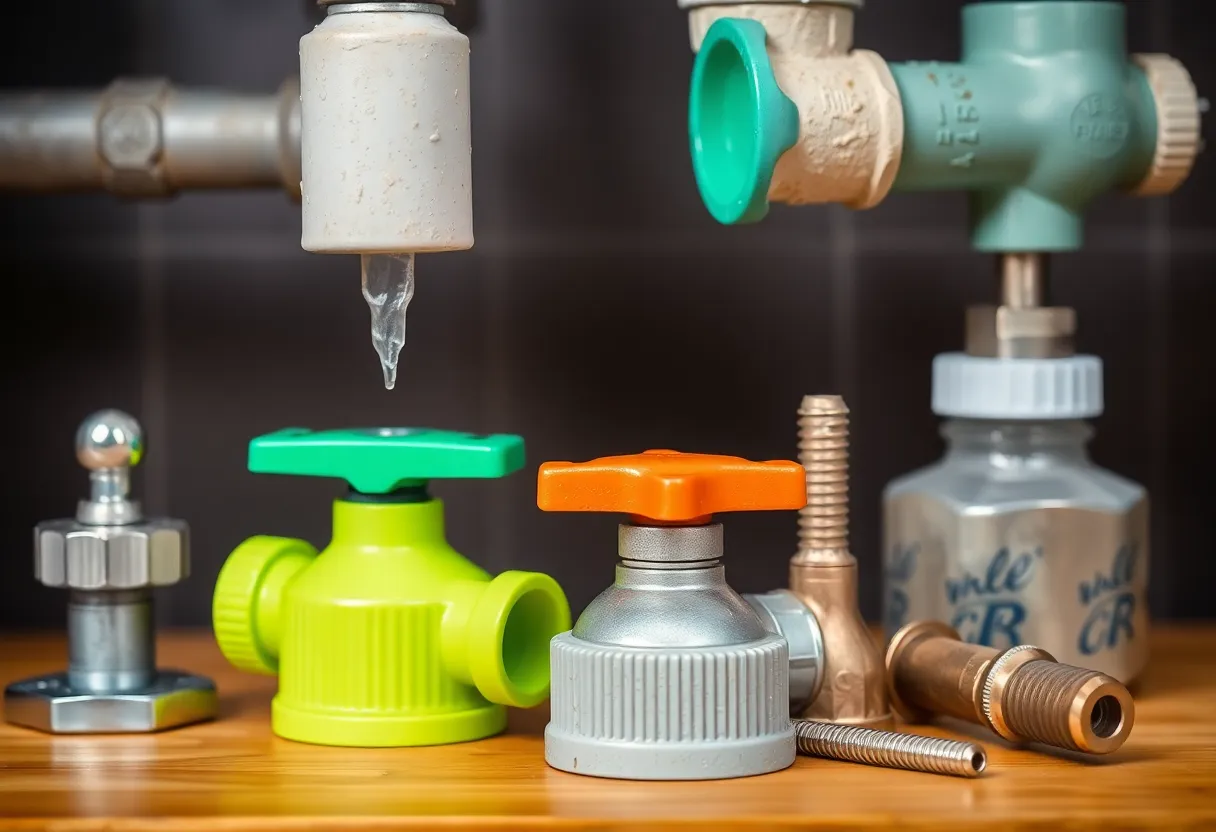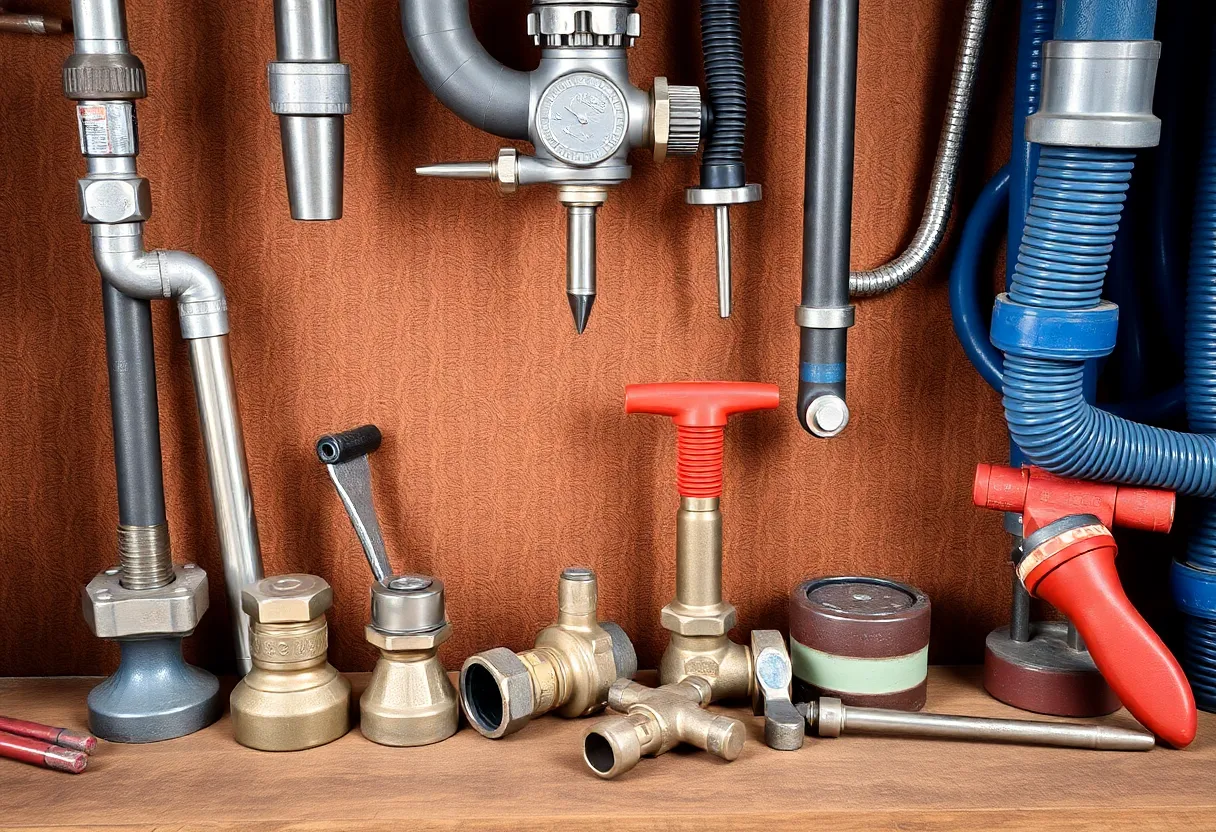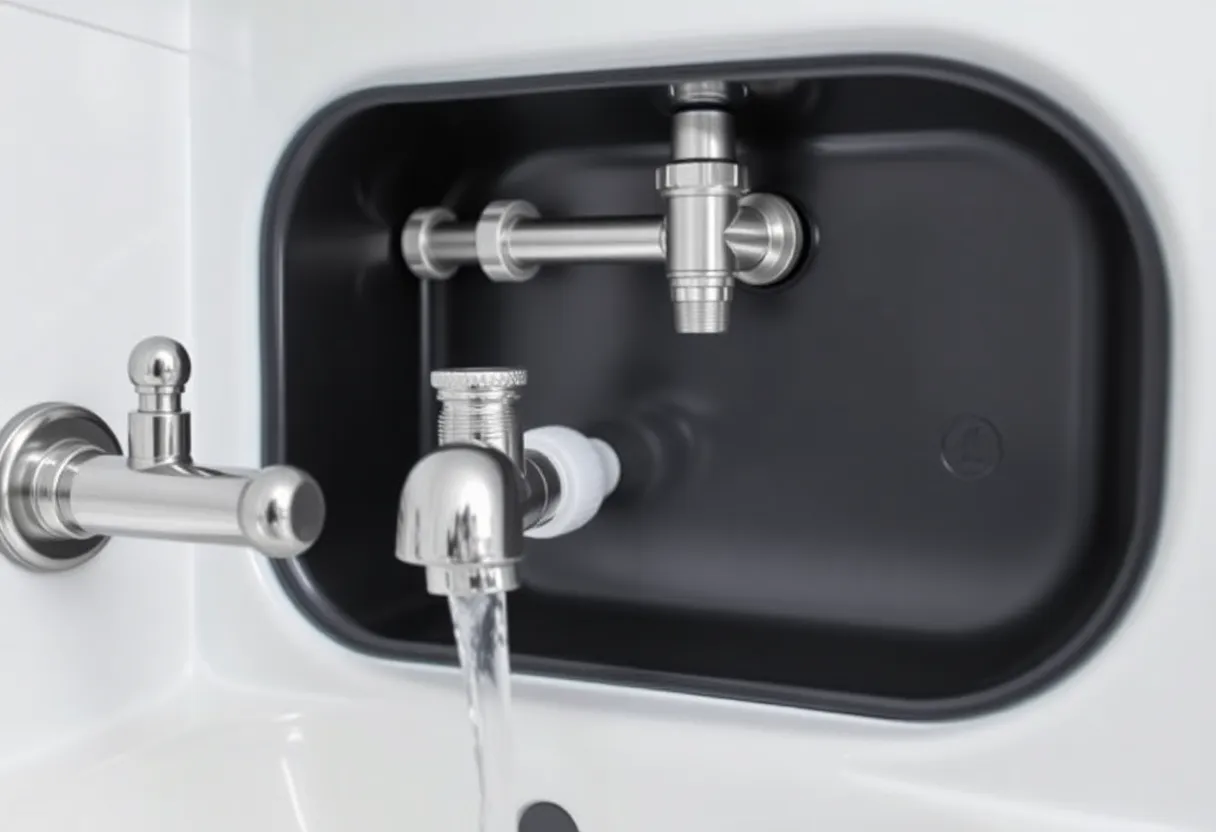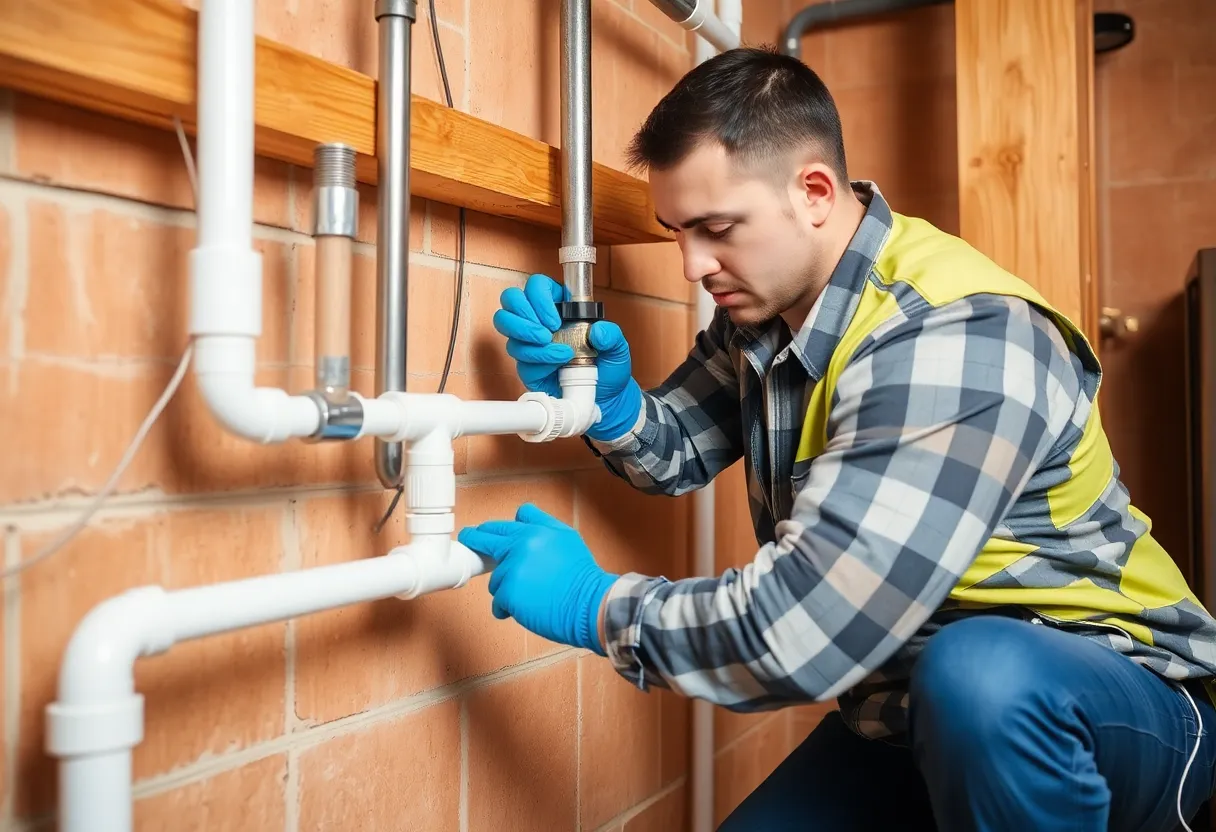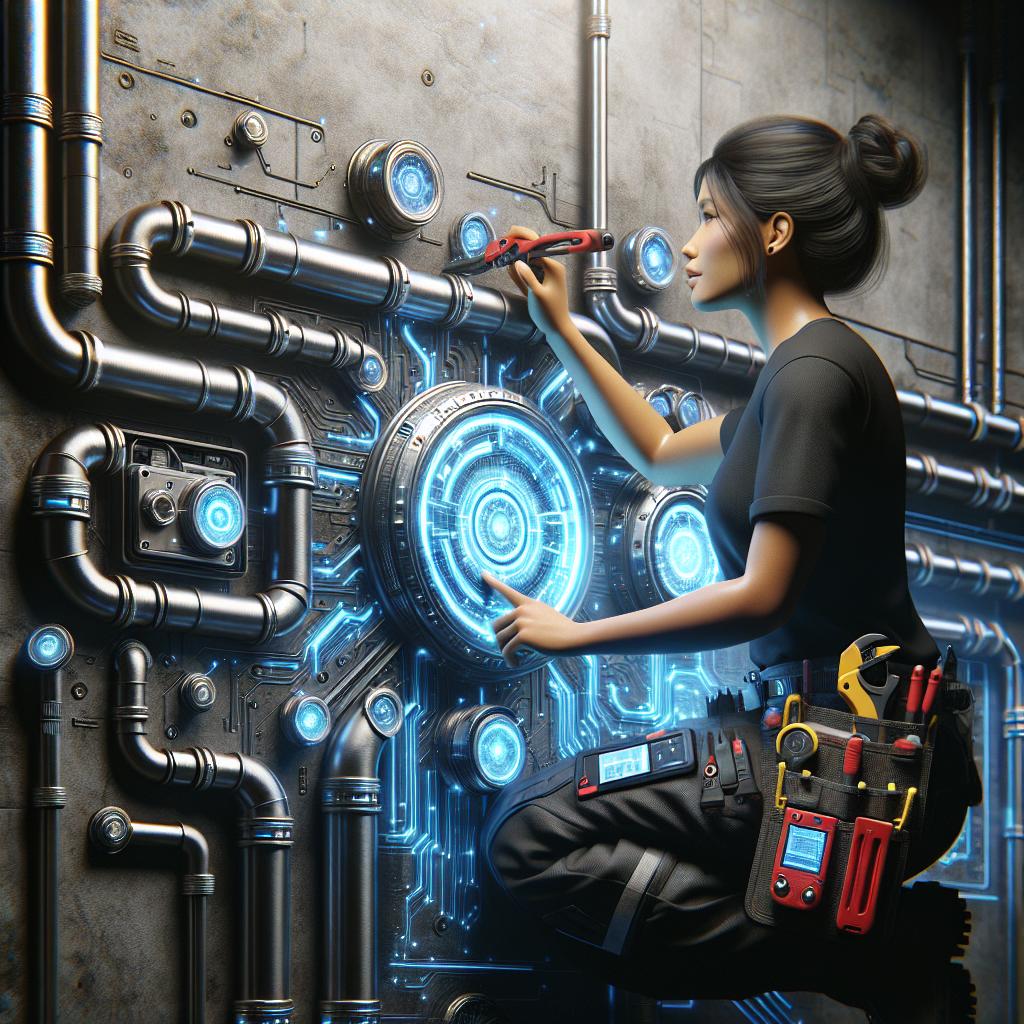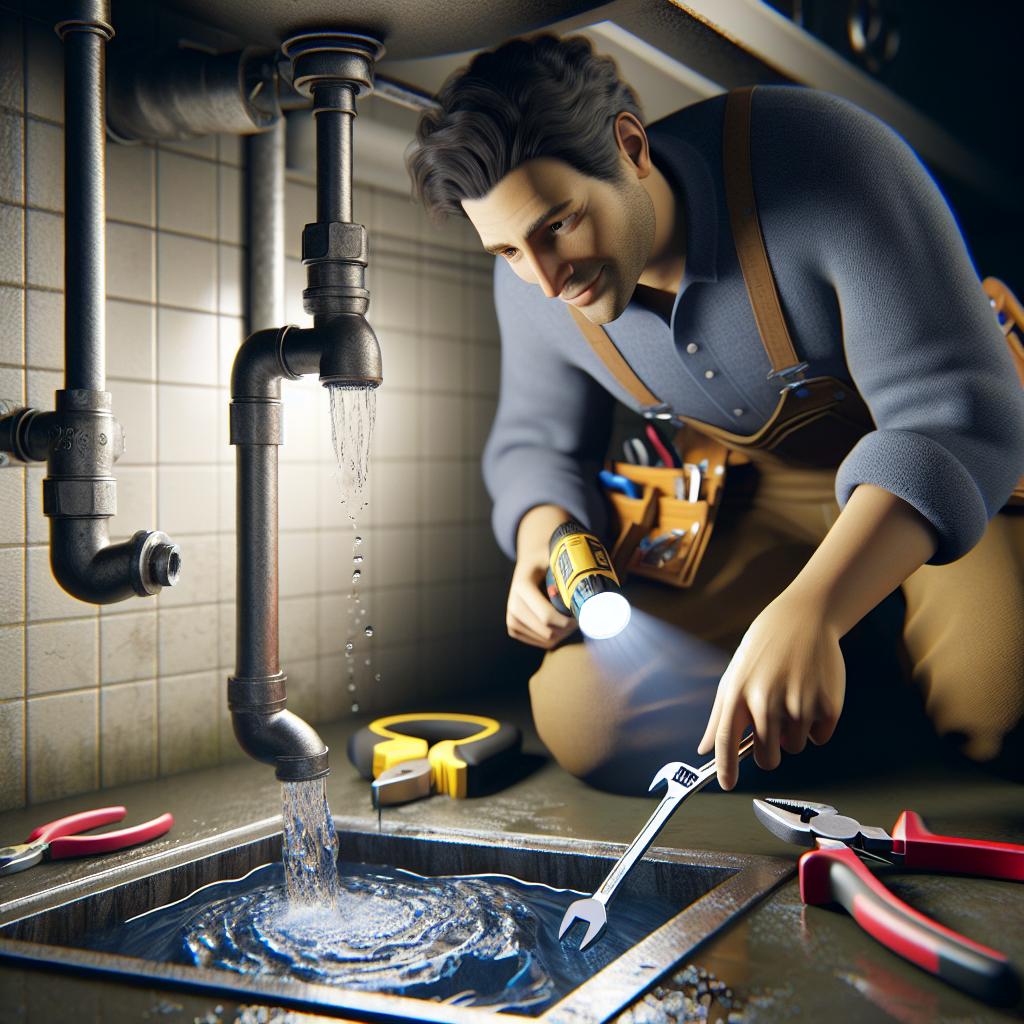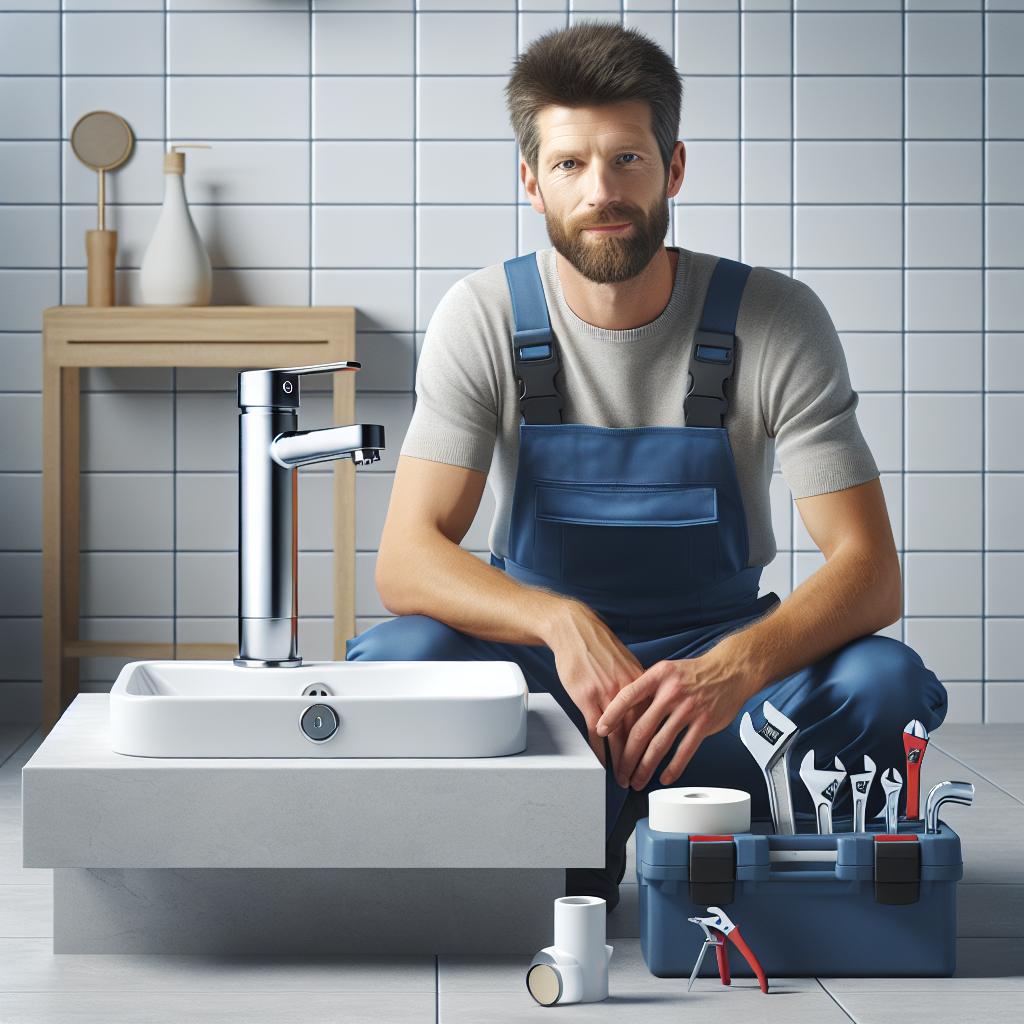Beneath the Surface: 8 Secret Plumbing Solutions Every Homeowner Should Know
When it comes to maintaining a home, many homeowners focus on the obvious tasks: cleaning gutters, mowing the lawn, and changing air filters. However, there’s a crucial element of home maintenance that often gets overlooked—plumbing. Proper plumbing is essential for both the functionality and longevity of your home. Below, we delve into eight secret plumbing solutions every homeowner should know to prevent disasters and keep things flowing smoothly.
1. Understand Your Main Water Shut-Off Valve
Knowing how to locate and operate your home’s main water shut-off valve is one of the most critical plumbing skills a homeowner can possess. This valve controls the flow of water into your home and can save you from extensive water damage in the event of a leak or burst pipe. Typically, the main shut-off valve is situated near the perimeter of your home, where the water line enters. Always ensure that it is functioning correctly and is free from corrosion or debris.
How to Locate the Valve
- Check your basement or crawl space near the exterior wall
- Look in the garage, especially around the water heater
- If you live in a warmer climate, check outside near a hose bib or faucet
How to Operate It
Turning the valve clockwise usually shuts off the water. Test it periodically to ensure it works effectively, and keep a wrench nearby in case you need to operate it quickly during an emergency.
2. Keep Your Drains Clear with Routine Maintenance
Clogged drains can lead to numerous plumbing issues, but many homeowners underestimate the power of regular maintenance. Instead of relying on chemical drain cleaners that can damage pipes over time, try these simple solutions:
Natural Drain Cleaners
- Baking Soda and Vinegar: Pour one cup of baking soda down the drain followed by one cup of vinegar. Let it sit for about 30 minutes, then flush with hot water.
- Boiling Water: Pouring boiling water down your drains can help dissolve grease and debris build-up.
Drain Strainers
Installing drain strainers can capture hair and food particles before they enter your pipes. Be sure to clean these frequently to prevent clogs from forming.
3. Recognizing Signs of a Hidden Leak
Hidden leaks can cause extensive damage and drive up your water bill. Look out for subtle signs that might indicate you have a leak:
Common Indicators
- Unexplained increases in water bills
- Wet spots on walls or ceilings
- Mold or mildew growth in damp areas
- Low water pressure
What to Do if You Suspect a Leak
If you notice any of these signs, it’s imperative to take action. Check your water meter, turn off all water sources, and see if the meter changes—this can indicate a leak. If you find one, it may be time to consult a professional plumber to address the situation before it worsens.
4. The Importance of Routine Water Heater Maintenance
Water heaters are often forgotten until there’s a problem, but regular maintenance can extend their lifespan and improve efficiency. Follow these tips:
Flushing the Tank
Once a year, flush your water heater to remove sediment build-up that can affect performance. This process entails:
- Turning off the heater
- Connecting a garden hose to the drain valve and running it to a floor drain
- Opening the drain valve to let the sediments exit
Checking the Anode Rod
The anode rod helps prevent corrosion inside the tank. Inspect it annually and replace it every 3-5 years or as needed to prolong your water heater’s life.
5. Mastering Toilet Troubleshooting
Toilets can be finicky fixtures, but understanding their common problems can empower homeowners to fix them without calling a plumber. Here are common issues and quick fixes:
Running Toilet
If your toilet continues to run after flushing, check:
- The Flapper: Ensure it seals tightly against the valve seat.
- The Fill Valve: Adjust the float to ensure the tank fills correctly.
Clogs
For minor clogs, a plunger is your best friend. If the clog persists, consider:
- A plumbing snake to remove deeper blockages
- Enzymatic Drain Cleaners: These are often safer for your plumbing and environment than harsh chemicals.
6. Utilize Smart Technology for Plumbing Awareness
Smart home technology can guard against plumbing issues by providing rapid alerts. Here are some options:
Smart Leak Detectors
Install sensors near washing machines, water heaters, and under sinks. These devices can send immediate alerts if they detect moisture, allowing you to take action before significant damage occurs.
Smart Water Regulators
These devices monitor your water usage and help manage your water pressure, reducing wear on your plumbing and saving money on water bills.
7. Always Have the Right Tools on Hand
Being prepared with the proper tools makes managing minor plumbing issues more manageable. Essential tools include:
- Plunger: For unclogging toilets and drains
- Pipe Wrench: For tightening or loosening pipes
- Adjustable Wrench: For a variety of plumbing tasks
- Plumbing Snake: For clearing stubborn clogs
Tool Storage Tips
Have a dedicated toolbox for plumbing tools and keep it clearly labeled. Ensure you regularly check for rust and wear to ensure reliability when you need it.
8. Know When to Call a Professional
While it’s essential to handle minor plumbing tasks, there are times when a trained professional is necessary. Consider calling a plumber for:
- Major leaks or flooding
- Complex issues like sewer line problems
- Any plumbing project requiring extensive expertise
Establishing a Relationship with Your Plumber
Before an emergency arises, build a rapport with a local plumber. Check their credentials, read reviews, and inquire about warranties and guarantees for their work. This way, when plumbing problems occur, you can act quickly and confidently.
Conclusion
While many plumbing issues may seem overwhelming, understanding these eight secret plumbing solutions equips homeowners with strategies to maintain their homes effectively. Whether it’s recognizing the signs of a leak, keeping drains clear, or knowing when to call a professional, these tips can make a significant difference in your home’s overall health and plumbing efficiency. Maintain vigilance, stay informed, and hopefully, your plumbing will run flawlessly for years to come.




